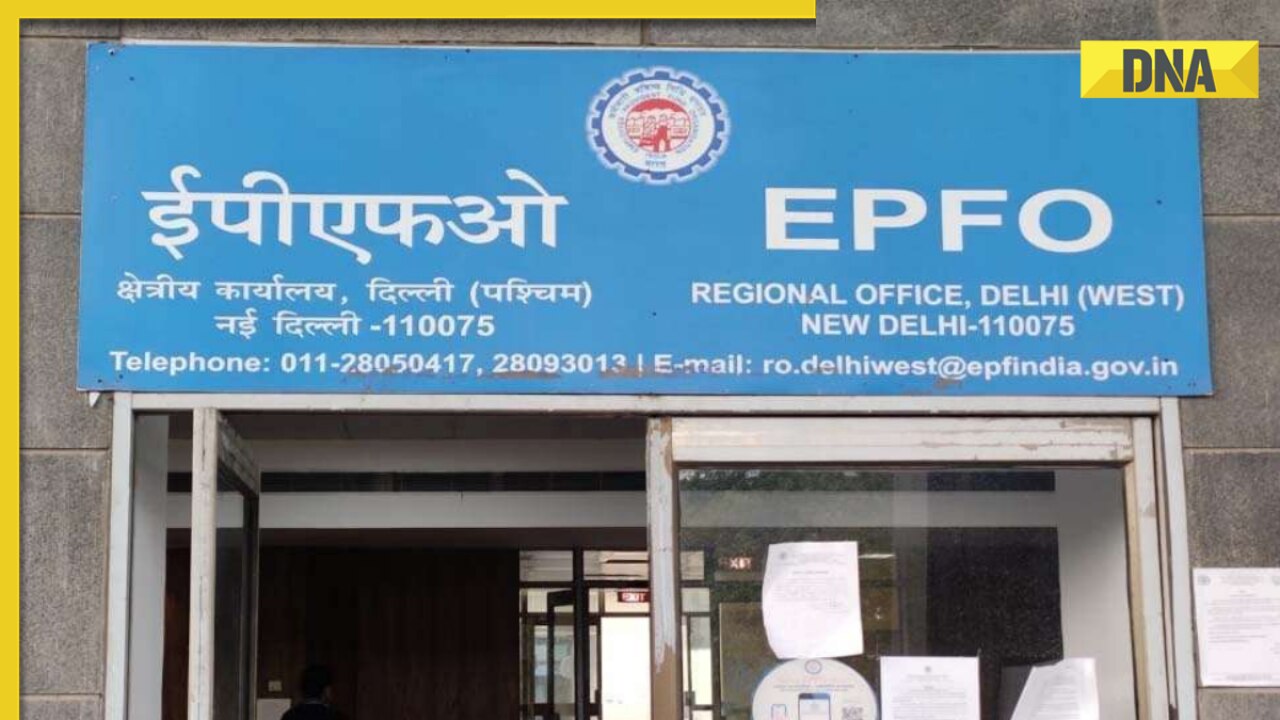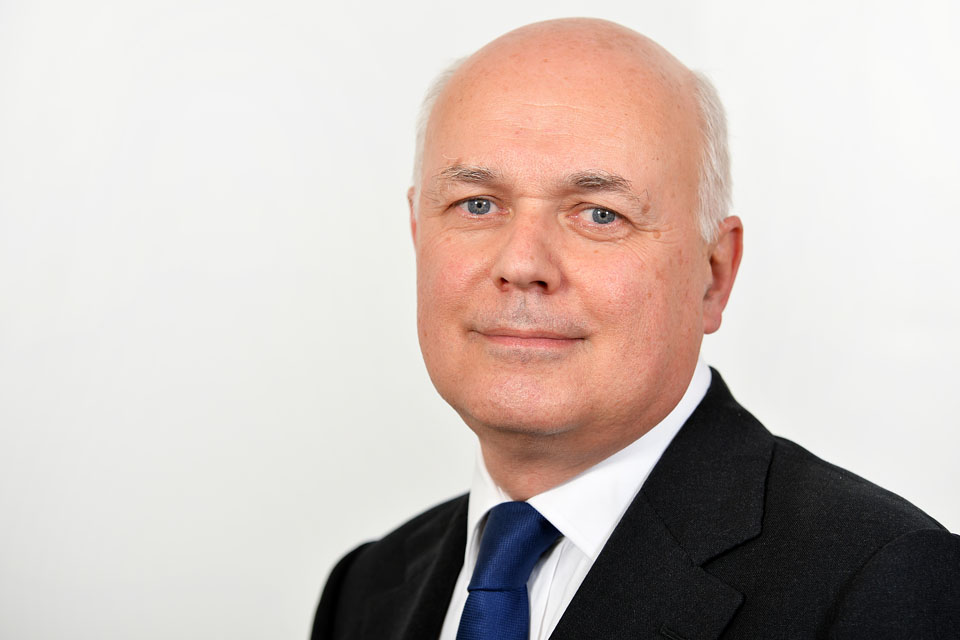
- Select a language for the TTS:
- UK English Female
- UK English Male
- US English Female
- US English Male
- Australian Female
- Australian Male
- Language selected: (auto detect) - EN
Play all audios:
One million people in Scotland are expected to receive a coronavirus vaccine by the end of January. Everyone over the age of 18 — about 4.4 million people — will be eligible for a
coronavirus jab. Vaccinations will be administered from the start of December. It will not be mandatory and nobody will be compelled to take it. Jeane Freeman, the health secretary, warned
that there remained many logistical challenges and unknown factors associated with the various vaccines currently completing clinical trials. The frontrunner is a Pfizer vaccine that has to
be stored at -80C. Another 11, including one from Moderna which is said to be 95 per cent effective, are also undergoing trials, including three in Scotland. The Scottish government has
procured 22 deep freeze facilities for deployment to strategic locations, but it remains unclear how long the vaccine will survive out of deep freeze for use in more remote areas.
Advertisement Vaccines normally take up to a decade to gain approval from regulators but the coronavirus vaccines have gone from laboratory to production in a matter of months. Ms Freeman
said that the expedited process had not come at the expense of clinical safety, thanks to thousands of volunteers who have taken part in worldwide trials. The first 320,000 doses are
expected to arrive in Scotland in the first week of December. Announcing the vaccine strategy in parliament, Ms Freeman said: “We’re hopeful that over the coming weeks into 2021, we will
have more than one vaccine available to us, so that we can, with minimum delay, vaccinate as many people as possible, as quickly as possible. “We’re ready for December, but the first vaccine
available has to be approved and supplies have to arrive. Thereafter, we need to see more vaccines become available and to understand the delivery schedules for each.” The first people to
receive jabs from December through to February will be frontline health and social care staff, older residents in care homes, care home staff, all those aged 80 and over, unpaid carers and
personal assistants, and those who will be delivering the vaccination programme. People aged over 65, and those under 65 who are at an additional clinical risk, will be next in line, before
moving to the wider population. Those eligible for the first vaccines will be contacted by post or by their employer and told when and where to get vaccinated. Advertisement More than 2,000
staff will be needed to administer the vaccination programme. The government will draft in registered clinicians to vaccinate and supervise vaccinations. The military will assist with
logistics. Ms Freeman said: “This is to be one of the biggest civilian logistical challenges in our lifetime. It is important to be clear about what we don’t yet know yet. We don’t know
which vaccines will be approved for use, and when doses of those vaccines will reach us. “We do not yet have information about all the vaccine characteristics.” An effective vaccine does not
normally require 100 per cent coverage to halt an epidemic but it remains unclear how many people need vaccinating to eliminate the coronavirus. Scientists estimate between 60 to 80 per
cent of the population will require immunity to protect the wider population. Ms Freeman said: “Although we have some welcome news on the efficacy of the vaccine from the trials, we don’t
know if this vaccine, the Pfizer vaccine, will stop you getting the virus, stop you passing the virus on, or prevent it from causing serious harm. And it may take many months before we fully
understand the level of protection on transmission and the impact on reducing the severity of the illness caused by the virus. Advertisement “We know that the first vaccines will require
two doses, three to four weeks apart. It’s possible that further booster doses, and even an annual programme might be required. “For now, the important thing is that when we start to deliver
these first vaccines, it will be on the basis that they offer some form of protection. “And it will be safe. So when we get in touch with you, please go for the vaccine. It offers you a
level of protection we don’t have through any other means. “If you’re not in the first group called, please be patient. I know you will understand how important it is that we protect first
those most vulnerable to serious illness and death. “A safe and effective vaccine does bring hope. It gives us all encouragement that where we are now, will end.” Advertisement PUBLIC IS
STILL ON STURGEON’S SIDE Almost three-quarters of people in Scotland believe the Scottish government has handled the coronavirus pandemic well, according to a new poll (Lucinda Cameron
writes). The study for BBC Scotland found that 72 per cent of those questioned said it had done well and just 15 per cent thought it had handled the situation badly, while 12 per cent said
it had done neither well or badly and the remainder did not know. Only a quarter of the 1,037 Scottish adults questioned said they thought the UK government had handled the pandemic well,
while more than half thought it had done badly. Only 19 per cent said Boris Johnson had handled the crisis well, and 62 per cent said he had handled it badly. However, 74 per cent of
respondents said Nicola Sturgeon had handled the pandemic well, and only 13 per cent said she had not. Six in ten people thought the restrictions where they lived had been “about right”. The
Ipsos Mori poll was conducted by telephone between November 10 and 15.





